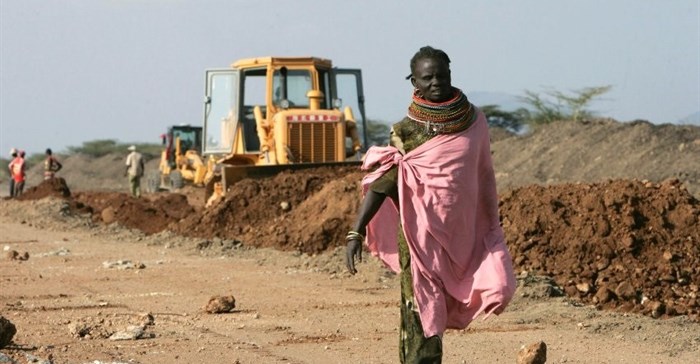Public-Private Partnerships (PPPs) have emerged over the last decade as one of the best ways to foster development. They are fuelled by insufficient investment, growing pressures on government budgets and a general concern about service provision by state enterprises and agencies.
PPPs have taken place mainly in economic (physical) infrastructure, such as power, transport, telecommunications, and water and sanitation. The desire of greater efficiency and better services, as well as the limited volume of public resources available to finance such services are now increasingly leading governments to enhance public-private partnerships approach.
In order for more PPPs to emerge in Africa, countries need to improve the business environment. At present serious constraints exist in many countries. These constraints are: inadequate legal and regulatory framework for PPPs; lack of technical skills to manage PPP programmes and projects; unfavourable investor perception of country risk, Africa’s limited role in global trade and investment, small market size, limited infrastructure and limited financial markets.
The African Development Bank is encouraging African countries to create the necessary legal and regulatory framework for PPPs; as well as facilitating networking and sharing of experience among regulatory agencies and other similar organisations.
Essential services
The Private Sector Operations Department is a key player as lender and advisor to Regional Member Countries (RMCs) in supporting PPPs in across our areas of focus including basic Infrastructure such as transportation; energy generation that are essential for Africa’s economic development; but also in Industries and Services in projects in agribusiness in support to food security on the continent.
They collaborate with the Bank’s Country and Regional Departments to identify areas of policy dialogue and interventions to support Governments of RMCs to facilitate PPPs. They also foster and build strong development partnerships with multilateral, regional and national development banks, private sector financial institutions and other key players to support infrastructure development and PPPs on the continent.
South Africa is the regional leader and the only “mature” PPP environment (with a score of 70.7 out of 100), scoring at or near the top across all six category rankings with the exception of Investment Climate, a reflection of recent volatility.
Most other countries are “emerging”, with the exception of the Democratic Republic of the Congo (DRC), the only “nascent” PPP environment. These countries face a variety of challenges across all six category rankings: Legal and regulatory framework, Institutional framework, Operational maturity, Investment climate, Financial facilities and Subnational adjustment factor.
Active PPP frameworks
Most African governments are actively building PPP frameworks, with an uptick in new laws since 2009, but implementation lags. Ten out of 15 countries now have PPP-specific legal frameworks in place and, of the remainder, three countries have PPP laws under policy development or moving through the parliamentary or presidential approval process: Rwanda since 2009, Ghana since 2013, Uganda since 2012. In only two countries, DRC and Angola, is there no clear roadmap towards a PPP framework.
Despite the good progress, PPP laws often are stronger on paper than in practice and improvements will be needed in empowering PPP institutions.

















